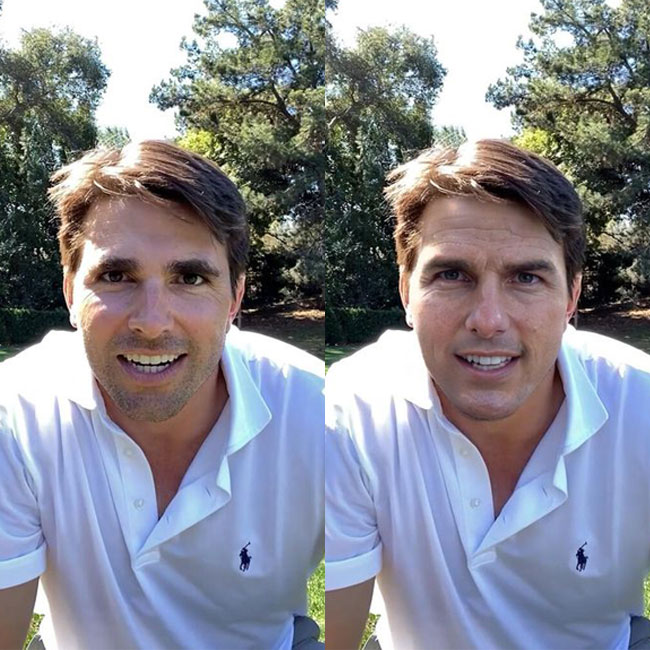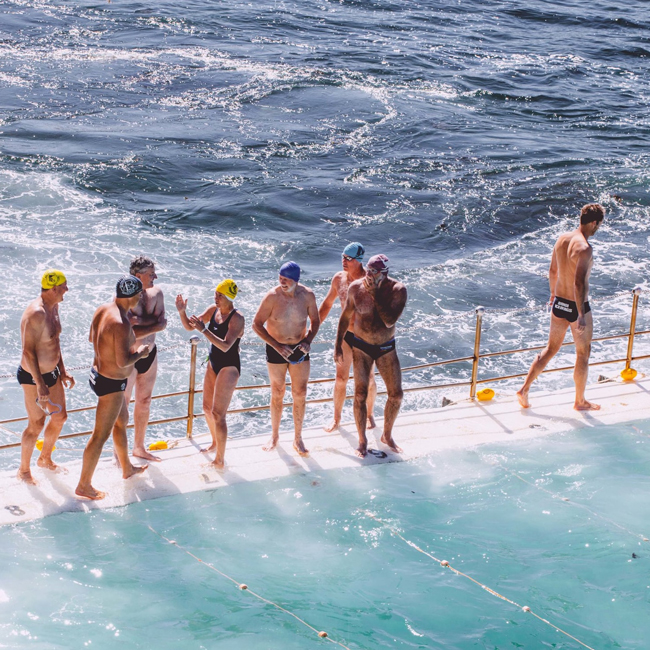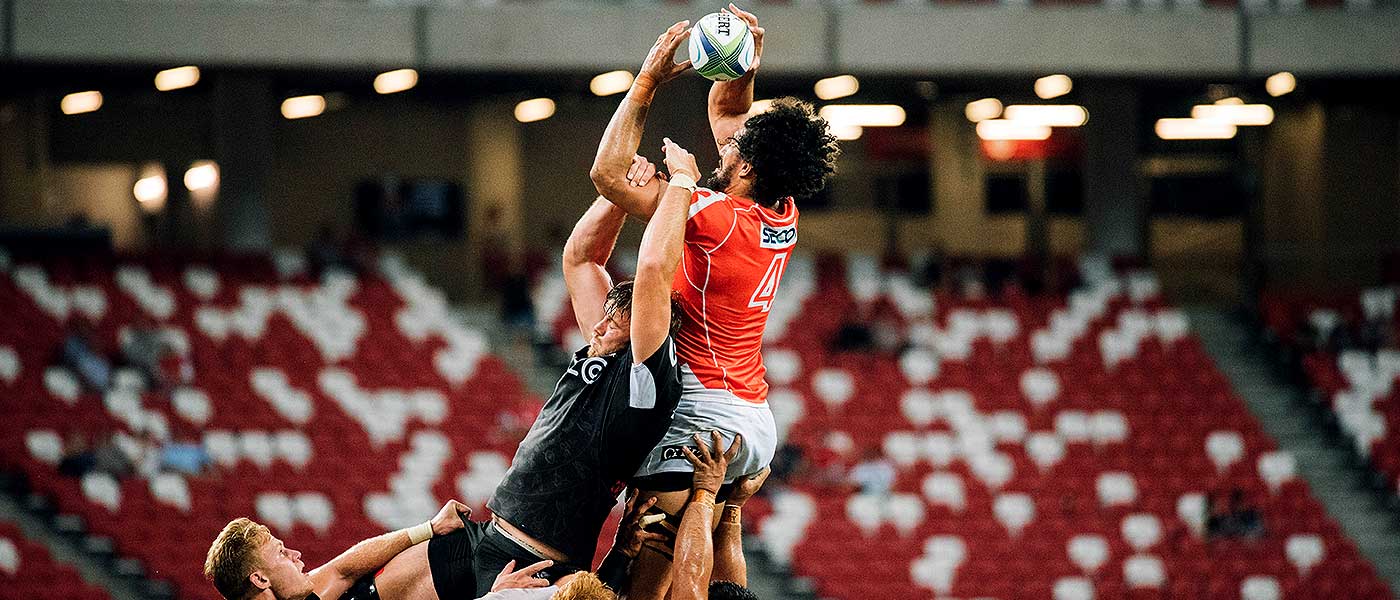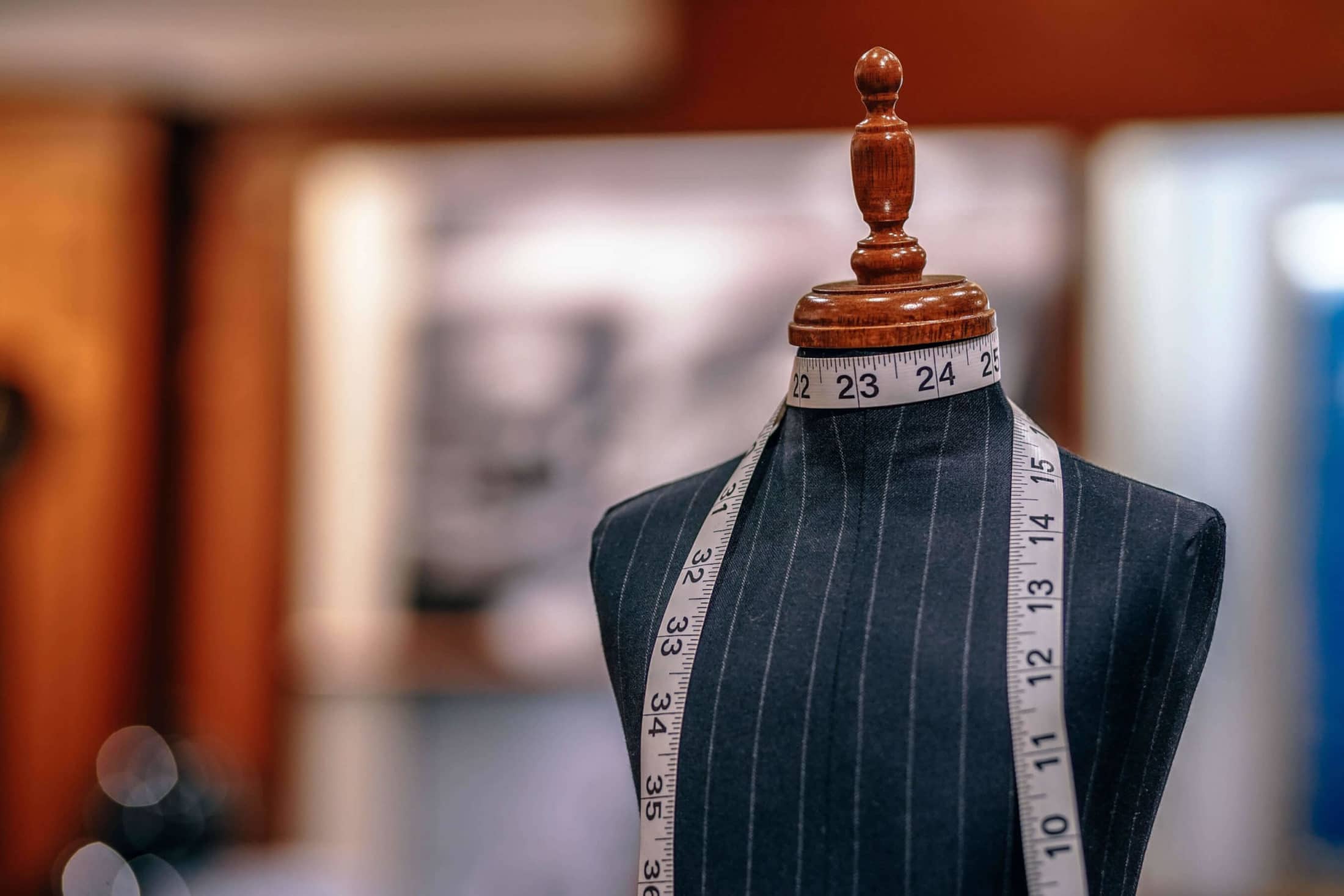The energy debate to date – recommended reads

The energy debate to date – recommended reads
Opinion + AnalysisClimate + Environment
BY The Ethics Centre 18 AUG 2018
Australia, we put it to you. ‘Is it too soon to ditch fossil fuels?’ We’ve waded through political waters and presented our shiniest pearls for your perusal.
Cheat Sheet
From NEG to Finkel and the Paris Accord – what’s what in the energy debate
The Ethics Centre
18 October 2018
Before action must come knowledge. And before knowledge must come sorting through a heap of confusing, jargonistic, off-putting acronyms, reviews, and accords. Worry not, we’ve got your back and did it for you. Our cheat sheet will brush you up on all those names that keep getting dropped in the Australian energy debate like they’re hot coals.
Video
Australia’s energy crisis: “Absolute shambles, national embarrassment and a disgrace”
7.30, ABC News
Ian Verrender
13 Feb 2017
This 7.30 report is a perfect backgrounder to the mess that is Australia’s energy crisis. The NEM broke leaving hot and bothered South Australians without electricity (you read the cheat sheet so you know the NEM is a fancy acronym for the grid). A Victorian power plant that supplied 20 percent of the state’s energy simply closed shop. Renewables are unreliable but fossil fuels are killing the planet. Holy calamity!
Interactive
They Vote For You – How does your MP vote on the issues that matter to you?
Open Australia Foundation
If you’re rearing to parade your opinion, hold on. Haste makes waste. While we’re between elections, how about taking a look at how your local MP voted on energy? Did they champion a fast switch to renewables or continued support for fossil fuels like coal and gas? Forget what they said in the run up to an election and check out what they did.
Movie
And one for fun. Maybe a post-apocalyptic energy crisis isn’t so bad if we can also have double-necked flame guitars.
Ethics in your inbox.
Get the latest inspiration, intelligence, events & more.
By signing up you agree to our privacy policy
You might be interested in…
Opinion + Analysis
Climate + Environment, Health + Wellbeing, Society + Culture
Melbourne Cup: The Ethical Form Guide
Big thinker
Climate + Environment
Big Thinker: Henry Thoreau
Opinion + Analysis
Climate + Environment, Relationships, Science + Technology
From NEG to Finkel and the Paris Accord – what’s what in the energy debate
Opinion + Analysis
Climate + Environment, Politics + Human Rights, Relationships
This is what comes after climate grief
BY The Ethics Centre
The Ethics Centre is a not-for-profit organisation developing innovative programs, services and experiences, designed to bring ethics to the centre of professional and personal life.
The #MeToo debate – recommended reads

The #MeToo debate – recommended reads
Opinion + AnalysisRelationshipsSociety + Culture
BY Kym Middleton The Ethics Centre 31 MAY 2018
IQ2 Australia and Vivid Ideas debated whether, ‘#MeToo has gone too far’. Here is a curated snapshot of the public conversation – just in case you’ve had your head in the sand.
Article
Harvey Weinstein Paid Off Sexual Harassment Accusers for Decades
New York Times
Jodi Kantor and Megan Twohey
5 October 2017
This is the article that broke the Harvey Weinstein story. While it’s now internationally infamous, it is well worth reading to understand how strong the structures that protected Weinstein were. It includes his first official response.
Video
TIME Person of the Year 2017: The Silence Breakers
TIME
Diane Tsai, Spencer Bakalar, Julia Lull [producers]
6 December 2017
Dishwashers, Hollywood stars, academics, hotel staff, journalists, an engineer, and even a senator feature in this short video by TIME of people speaking up against sexual harassment.
Article
I went on a date with Aziz Ansari. It turned into the worst night of my life
babe.net
Katie Way
13 January 2018
This piece wins the title of ‘Most Divisive Contribution to the #MeToo Movement’. It is both celebrated as a precise example of young women’s damaging sexual experiences and scorned for undermining #MeToo by lacking journalistic integrity and conflating “bad sex” with assault.
Article
The Humiliation of Aziz Ansari
Caitlin Flanagan
The Atlantic
14 January 2018
This response to the babe.net article labels it “3,000 words of revenge porn”. Ouch. It highlights the generational differences in attitudes to sex and feminist values that has been underpinning the #MeToo debate.
A separate yet notable moment in the generational rift between women over #MeToo was when Katie Way, the 22 year old author of the Ansari article called Ashleigh Banfield, a 50 year old female news anchor who criticised her piece, “that burgundy lipstick bad highlights second-wave feminist has-been”.
Article
Want #MeToo to serve justice? Use it responsibly
Michael Salter
ethics.org.au
31 January 2018
IQ2 guest Michael Salter is an expert in trauma, gendered violence, sexual abuse, and social media. He reflects on how the #MeToo movement can retain potency and serve justice.
Here seems a good space to explain why we invited two men to be part of this debate – Michael Salter and Benjamin Law. It’s an approach some people disagree with. The Ethics Centre and Vivid Ideas felt the conversation would benefit if both women and men took part and speak with another.
Podcast
Has #MeToo Gone Too Far, or Not Far Enough?
Waleed Aly & Scott Stephens
The Minefield
7 March 2018
A favourite ethicist of ours Scott Stephens poses a key challenge to the #MeToo movement: are we comfortable for this revolution to take innocent people as collateral damage?
It’s a question Teen Vogue columnist Emily Lindin answered with her controversial tweet, “If some innocent men’s reputations have to take a hit in the process of undoing the patriarchy, that is a price I am absolutely willing to pay”.
Video
The Feed SBS VICELAND
Jeanette Francis
“Lads, it’s time to admit if you’ve been gross.” IQ2 guest and TV journalist Jeanette Francis, aka Jan Fran, asks why there isn’t a #MeToo hashtag for men, the ‘doers’ of the harassing. This little video package with its provocation and stats on sexual harassment is a finalist in the mid-year Walkley awards.
Watch the IQ2 debate here: ‘#MeToo has gone too far’
Libby-Jane Charleston & Michael Salter vs Jan Fran & Ben Law
A collaboration between The Ethics Centre and Vivid Ideas
Ethics in your inbox.
Get the latest inspiration, intelligence, events & more.
By signing up you agree to our privacy policy
You might be interested in…
Opinion + Analysis
Relationships, Science + Technology
To see no longer means to believe: The harms and benefits of deepfake
Opinion + Analysis
Relationships
Stopping domestic violence means rethinking masculinity
Opinion + Analysis
Relationships
Metaphysical myth busting: The cowardice of ‘post-truth’
WATCH
Relationships
Unconscious bias
BY Kym Middleton
Former Head of Editorial & Events at TEC, Kym Middleton is a freelance writer, artistic producer, and multi award winning journalist with a background in long form TV, breaking news and digital documentary. Twitter @kymmidd
BY The Ethics Centre
The Ethics Centre is a not-for-profit organisation developing innovative programs, services and experiences, designed to bring ethics to the centre of professional and personal life.
Infographic: Tear Down the Tech Giants

Infographic: Tear Down the Tech Giants
Opinion + AnalysisSociety + Culture
BY The Ethics Centre 19 MAR 2018
An at-a-glance views at the growing influence of the tech giants.

A win for The Ethics Centre

A win for The Ethics Centre
Opinion + AnalysisBusiness + LeadershipSociety + Culture
BY The Ethics Centre 17 NOV 2017
The Ethics Centre was announced the 2017 winner of the Optus MyBusiness Awards Training Education Provider of the Year, for our innovative business ethics education program.
The prestigious annual event is Australia’s longest running awards program for SMEs. 150 finalists attended the award ceremony at Sydney’s Westin Hotel where the winners were announced across 28 award categories.
The Ethical Professional Program is our core professional education program, centred on applied ethics, quality decision making, professional practice and leadership. Exclusively devised for financial advisors, brokers, bankers and those who work alongside them, it has been rolled out across the financial service sector.
Participants who have completed the program tell us it helped them build stronger relationships with colleagues and clients, link everyday decisions back to their organisation’s strategy and purpose, and deal with complex issues as they arise.
The program consistently achieves high net promoter scores and positive feedback that indicates participants not only leave with new skills but enjoy the process too – not something you hear every day about ethics education!
We take our role as a leading provider of ethics education very seriously. As events in the world continue to shock, scare and surprise us, and our trust in core institutions appears to plummet, it can seem as if people care less and less about ethics. Our experience tells us otherwise. The people and organisations we work with across our ethics, leadership and learning programs are hungry to explore what they value, the principles they hold on to, and how to make their way through some of the most difficult ethical challenges we face today.
Our organisation has been involved in learning and education for over 25 years and are thrilled to be recognised for the transformative programs we deliver in ethics education.
As an independent non-profit specialising in ethics, we’ve been asked by many organisations, industries and governments, both locally and internationally, to provide a different kind of education and training experience.
Each of our education and training programs challenge participants to think differently – to critically examine other opinions, be consistent in their judgements, and make responsible and considered decisions. They provide the skills and tools to understand and resolve the multitude of difficult ethical challenges we all face as part of our personal and professional lives.
Ethics in your inbox.
Get the latest inspiration, intelligence, events & more.
By signing up you agree to our privacy policy
You might be interested in…
Opinion + Analysis
Business + Leadership
The case for reskilling your employees
Reports
Business + Leadership
EVERYDAY ETHICS FOR FINANCIAL ADVISERS
Opinion + Analysis
Business + Leadership
Money talks: The case for wage transparency
Opinion + Analysis
Business + Leadership, Relationships
It’s time to take citizenship seriously again
BY The Ethics Centre
The Ethics Centre is a not-for-profit organisation developing innovative programs, services and experiences, designed to bring ethics to the centre of professional and personal life.
10 films to make you highbrow this summer
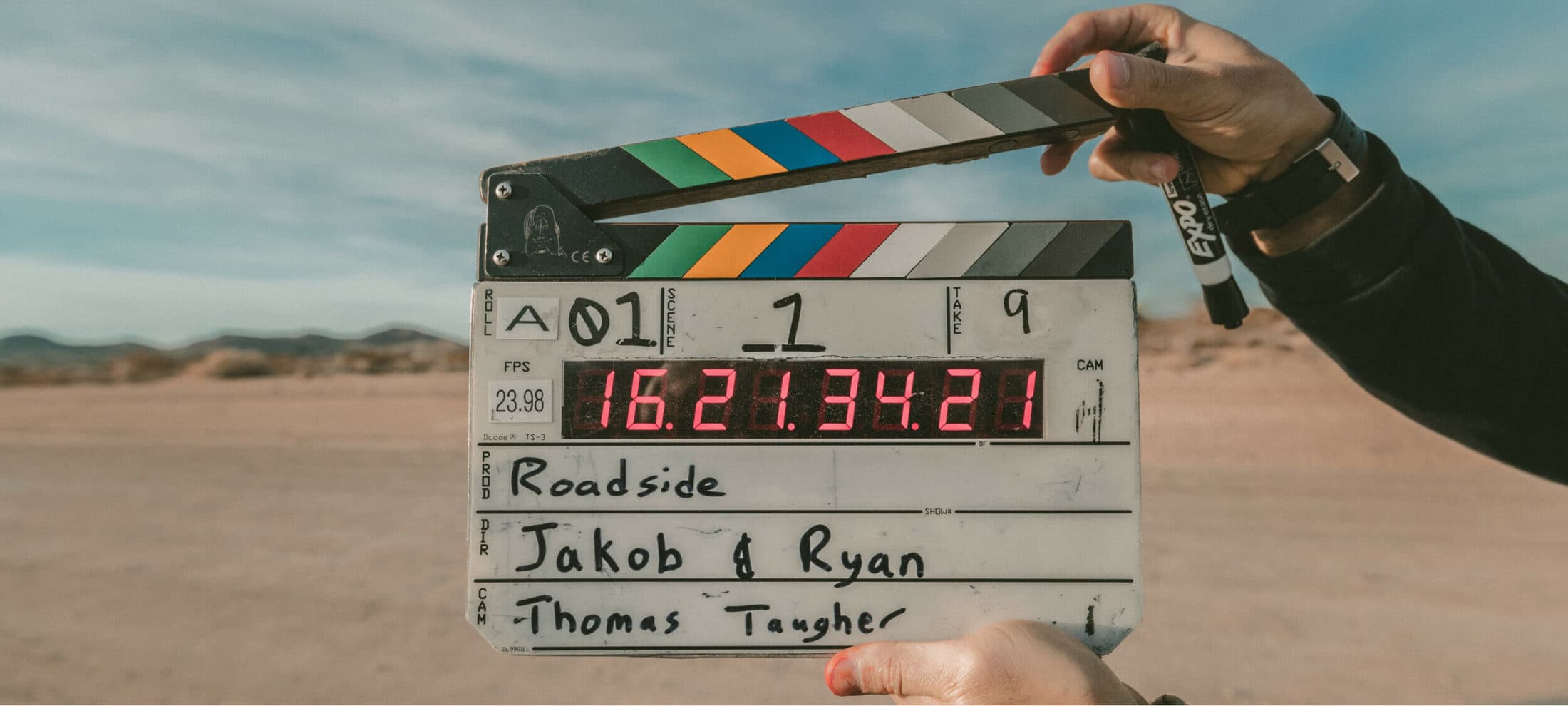
10 films to make you highbrow this summer
Opinion + AnalysisSociety + Culture
BY The Ethics Centre 7 SEP 2017
It’s not a waste of time if it’s about philosophy, right? Here are The Ethics Centre’s top 10 non-blockbuster picks for you to sit back, relax and imbibe on your holiday.
1. Examined Life
This philosophy fan’s wet dream brings heavyweights like Judith Butler, Slavoj Žižek and Cornell West together. The doco takes philosophy out of academia and onto the streets.
2. American Anarchist
There’s no putting the genie back into this bottle. A 66 year old teacher of special needs children grapples with the violent reach of the bomb manual he wrote at age 19.
3. Kedi
Filmed at whisker-height, this documentary-cum-urban love letter to Turkey’s stray cats is a lyrical and surprisingly philosophical tribute to the healing power of pets. Meow!
4. Alice
We dare you to look away from one frame of this Czech stop motion! Dissatisfied with the fairy tale film versions of Lewis Carroll’s Alice in Wonderland, the creator made this dreamlike visual spectacular.
5. Taste of Cherry
A haggard man trawling Tehran looking for someone to help bury him after he takes his own life finds different meditations on life, God, and the taste of cherry. Don’t judge it by its trailer!
6. In the Mood for Love
A lush and delicate tragedy of restraint. Two neighbours, heartbroken by their adulterous spouses, fall in love with each other.
7. A Serious Man
A troubled man seeks the advice of three wildly differing rabbis in this modern take on the Book of Job. Another quirky Coen Brothers film. What is the meaning of life?
8.Never Let Me Go
In a harrowing sci-fi dystopia, an idyllic town gives children a perfect childhood to prepare for a short-lived future as organ donors. Makes you think about farm animals in a new light.
9. The Wind Will Carry Us
A busy filmmaker set to capture the obscure, ancient burial ceremony of a 100 year old Kurdish woman is disappointed when she takes longer to die than expected.
10. Like Father, Like Son
This Japanese film transforms the typically sensationalist story of children switched at birth into a gentle and composed musing on the bonds that create families – and how we break them.
Ethics in your inbox.
Get the latest inspiration, intelligence, events & more.
By signing up you agree to our privacy policy
You might be interested in…
Opinion + Analysis
Relationships, Society + Culture
I’m really annoyed right now: ‘Beef’ and the uses of anger
Opinion + Analysis
Relationships, Society + Culture
But how do you know? Hijack and the ethics of risk
Opinion + Analysis
Society + Culture, Business + Leadership
How to tackle the ethical crisis in the arts
Opinion + Analysis
Business + Leadership, Health + Wellbeing, Society + Culture
Corruption in sport: From the playing field to the field of ethics
BY The Ethics Centre
The Ethics Centre is a not-for-profit organisation developing innovative programs, services and experiences, designed to bring ethics to the centre of professional and personal life.
4 questions for an ethicist

4 questions for an ethicist
Opinion + AnalysisHealth + Wellbeing
BY John Neil The Ethics Centre 16 JUN 2017
Though not as common as GPs, therapists, or personal trainers, ethicists still have a lot to say about how to live a good life. Here are four of the common questions they get asked.
1. There are so many conflicting versions of ethics out there – legal, social, religious. Which should I listen to?
With all these voices vying for our attention it can be difficult to know who to listen to. An important starting point with ethics is to untangle the nature of these conflicting voices to better be able to hear our own.
Our beliefs and values are influenced by our upbringing, community, professions, and for many people, their faith. It’s useful to think of these voices – social customs, the law and religion – as ‘morality’ rather than ethics.
Morality is a set of deeply held and widely shared norms and rules within a community. Like ethics, morality provides us with opinions, rules, laws, and principles to guide our choices and actions. But unlike ethics, morality can be followed unthinkingly and without asking questions.
Ethics is about reflecting on who we are, what we value, and how we want to live in a world where many others may not share the same values and principles as us.
What makes ethics both timely and timeless is it arises in any moment when we find ourselves faced with the question of what is right. This question is both a philosophical and practical one. Philosophically, it involves exploring the nature of concepts like truth, wisdom, and belief and providing a justification for right and good actions.
On a practical level, it is a question we find ourselves asking every day. Whether it’s the big ethical issues – abortion, capital punishment, immigration – or everyday ethical questions – whether to tell the truth to a friend when it may hurt their feelings, or being asked to provide a reference for a close colleague who isn’t qualified for the job – ethical questions are inescapable parts of being human.
Ethics does not rely on history, tradition, religion, or the law to solely to define for us what is good or right. Ethics is about reflecting on who we are, what we care about, and how we want to live in a world where many others may not share the same values and principles as us.
2. Isn’t ethics just a matter of opinion? If there’s no way to tell who is right and who is wrong, isn’t my opinion as good as anyone’s?
In the 1990s Mike Godwin famously argued when it comes to online arguments, the longer and more heated a debate gets, the more likely somebody will bring up the Nazis in an attempt to close it down.
When it comes to discussions of ethics there is an inverse law which anyone who has taught an ethics class will have experienced. The shorter the conversation about ethics, the greater the likelihood somebody will claim, “Ethics is just personal opinion”.
When the stakes are high, it becomes abundantly clear that we want to hold others to a similar standard of what we think matters.
This view implies ethics is subjective. What follows from this is there are no better or worse opinions on ethics.
However, it would be hard to find someone say in response to being robbed, “The thief had their own values and I have mine, they are entitled to their view, so I won’t pursue this further”. When the stakes are high, it becomes abundantly clear we want to hold others to a similar standard of what we think matters.
We will inevitably reach a point in any discussion of ethics where people will strongly express a fundamental moral belief – for example, it’s wrong to steal, to lie or to harm others. These opinions are the beginning of a common, rational basis for discussions about what we should or shouldn’t do.
And when those discussions become heated, let’s try and leave Hitler out of it.
3. I’m a good person, why do I need ethics?
Ethics helps good people become better people.
Being a good person doesn’t necessarily mean you will always know what’s right. Good people disagree with each other about what is right all the time. And good people often don’t know what to do in difficult situations, especially when these situations involve ethical dilemmas.
We all have the tendency to act unethically given the ‘right’ conditions. Fear, guilt, stress, and anxiety have been shown to be significant factors that prevent us from acting ethically.
Good people make bad choices. Despite the widespread view that bad things happen due to a small percentage of so called ‘evil people’ intentionally doing the wrong thing, the reality is that all of us can make poor decisions.
We all have the tendency to act unethically given the ‘right’ conditions. Fear, guilt, stress and anxiety have been shown to be significant factors that prevent us acting ethically.
Food has been shown to directly influence the quality of decisions made by judges. Other studies have shown that even innocuous influences can have a disproportionate effect on our decisions. For example, smells affect the likelihood a person will help other people.
Ethics is not only about being aware of our values and principles. It is also about being alive to our limited view of the world and striving to expand our horizons by trying to better see the world as it really is.
4. People only do ethics when it makes them look good. Why would anyone put ethics above self-interest?
One argument often heard in philosophy and psychology is that everything we do, from the compassionate to the heroic, is ultimately done for our own benefit. When we boil it down, we only save lives, donate to charity or care for a friend because these things make us feel good or benefit us.
However, despite being a widely held view it is only half the story – and not even the most interesting part of the story. While human beings are undoubtedly self-interested there is a wealth of evidence that shows human beings are hard wired to care for others, including total strangers.
Research has shown the existence of ‘mirror neurons’ in our brains that naturally respond to other people’s feelings.
Ethics is rooted in this fundamental human capacity to be connected to others. It provides a rational foundation for this connection. This is the foundation of empathy. It’s an intrinsic part of what makes us human.
Ethics in your inbox.
Get the latest inspiration, intelligence, events & more.
By signing up you agree to our privacy policy
You might be interested in…
Opinion + Analysis
Health + Wellbeing, Relationships
You are more than your job
Opinion + Analysis
Health + Wellbeing, Politics + Human Rights
Constructing an ethical healthcare system
Opinion + Analysis
Health + Wellbeing, Politics + Human Rights
‘Eye in the Sky’ and drone warfare
Opinion + Analysis
Health + Wellbeing, Politics + Human Rights, Relationships, Science + Technology
The value of a human life
BY John Neil
John leads the Centre’s major consulting projects, leadership and culture programs and product development. Drawing on 20 years of experience, John has worked with Australia’s largest organisations in developing and delivering solutions to bring ethics to the centre of business design, culture development, and organisational decision making. Before joining us, John worked in the business school at the University of Technology Sydney. During his time there, he inspired students and colleagues alike through his research and teaching, and chaired the Ethics Working Group to develop an approach to embed ethics in the Bachelor of Business curriculum.
BY The Ethics Centre
The Ethics Centre is a not-for-profit organisation developing innovative programs, services and experiences, designed to bring ethics to the centre of professional and personal life.
5 ethical life hacks

5 ethical life hacks
Opinion + AnalysisHealth + WellbeingRelationships
BY The Ethics Centre 11 JAN 2017
It’s not all tough decisions – walking, sleeping and reading are some ways you can seamlessly strengthen your ethical muscles every day. Here are some activities that can help refine your ethics while you’re busy in your day-to-day life.
Get back to nature
Aristotle believed everything in nature contains “something of the marvellous”. It turns out nature might also help make us a bit more marvellous. Research by Jia Wei Zhang and colleagues revealed how “perceiving natural beauty” (basically, looking at nature and recognising how wonderful it is) can make you more prosocial. Specifically, it can make you more helpful, trusting and generous. Nice one, trees.
The apparent reason for this is because a connection with nature leads to heightened positive emotions. People are happier when they are connected with nature and other research suggests happy people tend to be more prosocial. Inadvertently, as Zhang and his colleagues learned, this means nature helps make us better team players.
Read literature to develop ‘Theory of Mind’
In psychology, ‘Theory of Mind’ refers to the ability to understand the emotions, intentions and mental states of other people and to understand that other people’s mental states are different from our own, which is a crucial component of empathy. Like most things, our Theory of Mind improves with practice.
David Comer Kidd and Emanuele Castano think one way of practising and developing Theory of Mind is by reading literary fiction. They believe literature “uniquely engages the psychological processes needed to gain access to characters’ subjective experiences” because it doesn’t aim to entertain readers but challenge them.
Work up a sweat
As well as the health benefits it brings, exercise can make you a more virtuous person. Philosopher Damon Young believes exercise brings about “subtle changes to our character: we are more proud, humble, generous or constant”.
Pride is usually seen as a vice but exercise can give us a healthy sense of pride, which Young defines as “taking pleasure in yourself”. Taking pleasure in ourselves and recognising ourselves as valuable has obvious benefits for self-esteem, but it also gives us a heightened sense of responsibility. By taking pride in the work we’ve invested in ourselves, we acknowledge the role we have making change in the world, a feeling with applications far broader than the gym.
Take meal breaks when you’re making decisions
In 2011, an Israeli parole board had to consider several cases on the same day. Among them were two Arab-Israelis, each of them serving 30 months for fraud. One of them received parole, the other didn’t. The only difference? One of their hearings was at the start of the day, the other at the end.
Researcher Shai Danzigner and co-authors concluded “decision fatigue” explained the difference in the judges’ decisions. They found the rate of favourable rulings were around 65% just after meal breaks at the start of the day and lunch time, but they diminished to 0% by the end of the session.
There’s some good news though. The research suggests a meal break can put your decision making back on track. Maybe it’s time to stop taking lunch at your desk.
Get a good night’s sleep
We’ve been starting to pay more attention to the social costs of exhaustion. In NSW, public awareness campaigns now list fatigue as one of the ‘big three’ factors in road fatalities alongside speeding and drunk driving. It turns out even if it doesn’t kill you, exhaustion can lead to ethical compromises and slip ups in the workplace.
In 2011, Christopher Barnes and his colleagues released a study suggesting “employees are less likely to resist the temptation to engage in unethical behaviour when they are low on sleep”. When we’re tired we experience ‘ego depletion’ that weakens our self-control. Experiments conducted by Barnes’ team suggest when we’re tired we’re vulnerable to cutting corners and cheating. So, if you’re thinking of doing something dodgy, sleep on it first.
Ethics in your inbox.
Get the latest inspiration, intelligence, events & more.
By signing up you agree to our privacy policy
You might be interested in…
Opinion + Analysis
Business + Leadership, Health + Wellbeing
David Pocock’s rugby prowess and social activism is born of virtue
Opinion + Analysis
Health + Wellbeing, Relationships
Women must uphold the right to defy their doctor’s orders
Opinion + Analysis
Health + Wellbeing, Society + Culture
The right to connect
WATCH
Relationships
Moral intuition and ethical judgement
BY The Ethics Centre
The Ethics Centre is a not-for-profit organisation developing innovative programs, services and experiences, designed to bring ethics to the centre of professional and personal life.
Ethics from the couch: 5 shows to binge on

Ethics from the couch: 5 shows to binge on
Opinion + AnalysisHealth + Wellbeing
BY The Ethics Centre 4 JAN 2017
Study! Relax!
¿Por qué no los dos?
In the spirit of the Old El Paso school of philosophy, here are five TV shows you can binge watch that will also get you thinking a little about ethics. Quick warning: there are some minor spoilers below.
1. UnREAL
We’re not going to suggest you go back and watch The Bachelor or Survivor Australia (you probably watched them the first time around). Check out UnREAL instead. It’s a fictional look at the thorny ethics of reality TV based around the producers of Everlasting, which is The Bachelor in pretty much everything but name.
<
It’s easy to watch reality TV and assume the people appearing on the shows are fair game for criticism because they signed up to appear on the program. What’s easily forgotten – until you watch UnREAL – is the manipulation undertaken by producers to create drama and ‘good’ television. In season 1, a contestant kills herself as a result of this kind of manipulation, which only sparks higher ratings.
2. Offspring
If you’ve never watched Offspring, you’ve got a lot to catch up on. The feel-good Aussie sitcom was rebooted for a fifth season in 2016 and brought with it a thorny bioethics conundrum: who has the right to a dead man’s sperm?
Offspring centres around Nina Proudman and her family, and also deals with the fallout from the sudden death of Patrick, Nina’s fiancé and father of her daughter. Unknown to Nina, Patrick had some of his sperm frozen during a previous marriage. His ex-wife decides to offer Nina his sperm, in case she would like to have another child to him.
Does Nina have any right to use Patrick’s sperm? Does his ex-wife have any right to offer it to Nina? Patrick donated before he was in a relationship with Nina and we have no idea what his wishes would be for children in the event of his death. How can we respect his wishes in this case?
3. Black Mirror
This isn’t the first time we’ve discussed Black Mirror: Patrick Stokes explored the themes of one episode in his piece on digital death. Black Mirror doesn’t follow a season-long narrative. It’s a bunch of standalone dramas exploring themes around technology, the future and humanity. It can be pretty dystopian but does encourage us to think twice about where today’s technology might be headed.
One episode that hits close to home is “Hated in the Nation”, which has a detective who investigates the deaths of young people subjected to online shaming and social media pile ons. Just because we don’t see the consequences of a mean tweet or aggressive comment, it doesn’t mean we’re not responsible for them.
4. The Good Place
One for the philosopher nerds among us! When Eleanor Shellstrop is killed by a trailer advertising erectile dysfunction drugs, she finds herself in the afterlife. Everything is perfect except Eleanor herself. It turns out the hard-drinking, foul-mouthed woman was meant to go to “the bad place” but a clerical error worked in her favour.
Eleanor enlists the help of her allocated ‘soul mate’ Chidi, who was an ethics professor on earth. He proceeds to help her to reform, teaching her about Kant, Aristotle and the rest. The show basically functions as an introduction to moral philosophy for both Eleanor and viewers, but manages to sneak in a few decent jokes along the way.
5. Cleverman
Mythology and traditional stories have always been good fodder for film and television, so it’s a little surprising Aboriginal stories have been so absent from Australian screens. Ryan Griffen was aware of this absence and wanted to create an Aboriginal superhero for his son. The end product was Cleverman, a dystopian sci-fi series about the Hairypeople – an Indigenous race who live for hundreds of years, have extraordinary strength and grow thick pelts across their body.
The “Hairies” are seen as subhuman, rounded up and kept in a separate part of society called the Zone. The spiritual leader of the Zone is the Cleverman, whose powers include bringing people back from the dead. Cleverman follows a range of narratives around the internal politics of the Zone and the broader social structures that continue to oppress Hairypeople.
What’s important about Cleverman is both its representation, putting Aboriginal faces at the centre of a world based in Dreamtime stories, and the ability – like all sci-fi – to take pressing social issues and explore them in a fictional world.
Questions around Aboriginal identity in the broader Australian community, social attitudes to ‘otherness’, black deaths at the hands of white police officers and the militarisation of government departments are all explored.







